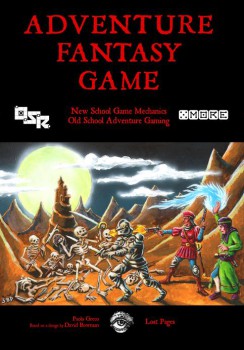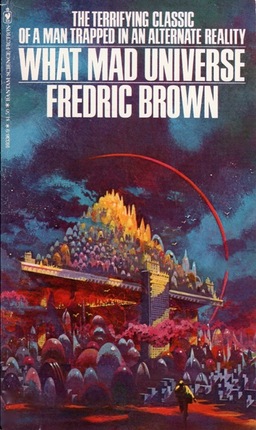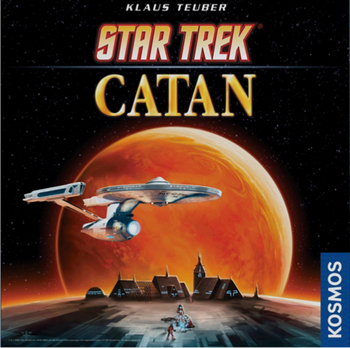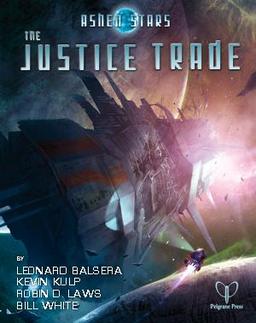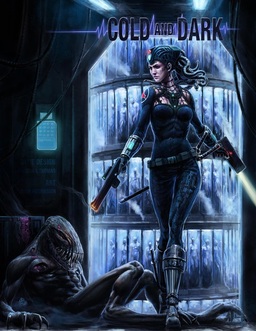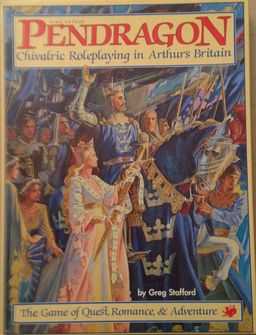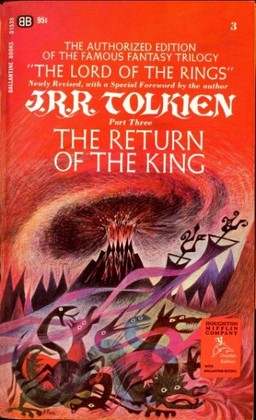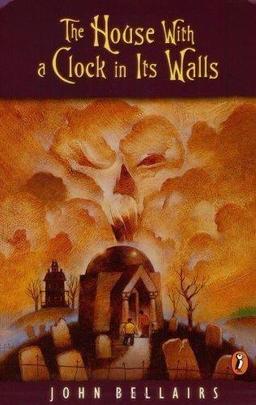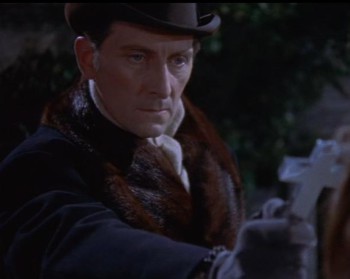Securing Gamer Posterity
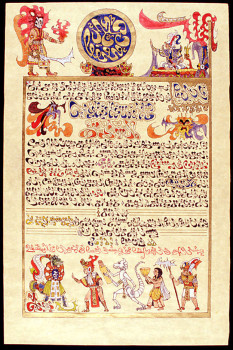 The hobby of tabletop roleplaying games officially kicked off in early 1974, with the publication of Gary Gygax and Dave Arneson’s Dungeons & Dragons. 2014, which is right around the corner, is thus the 40th anniversary of both D&D and the hobby to which it gave birth. Think about that for a moment: people have been rolling polyhedral dice and pretending to be knights and wizards for nearly four decades. If I didn’t already feel old, that fact certainly would have made feel so.
The hobby of tabletop roleplaying games officially kicked off in early 1974, with the publication of Gary Gygax and Dave Arneson’s Dungeons & Dragons. 2014, which is right around the corner, is thus the 40th anniversary of both D&D and the hobby to which it gave birth. Think about that for a moment: people have been rolling polyhedral dice and pretending to be knights and wizards for nearly four decades. If I didn’t already feel old, that fact certainly would have made feel so.
Though RPGs are still going strong after all these years, the same cannot, unfortunately, be said of many of its founding figures. We lost Gary Gygax in 2008 and Dave Arneson the following year. Many more have followed in the years since, several of whom have been noted here at Black Gate. Many others are still with us, of course; it’s my hope that we’ll take the time to honor and, above all, thank them for their contributions to our lives while we still have the chance to do so. I can’t speak for anyone else, but I have been endlessly enriched and improved because of that boxed set I cracked open at Christmas 1979. I cannot begin to imagine how different the course of my life might have run if it had not been for this crazy hobby. Roleplaying games have truly had a huge impact in making me the person I am today. I doubt I am alone in feeling this way.
Given the importance RPGs have played in so many lives and how influential roleplaying games, both as entertainments and as creative endeavors, have become, I don’t think it’s at all unreasonable to want to see their history preserved for the benefit of future gamers – and historians, some of whom will undoubtedly find value in exploring how a bunch of “let’s pretend” games came to be the wellsprings of so much of contemporary popular culture. Sadly, this hasn’t been the case. There’s no Gygax Collection at the University of Chicago nor are the Arneson Papers safely lodged at the Elmer L. Andersen Library at the University of Minnesota. If you’re interested in piecing together the early history of the hobby – and the individuals who helped create it – you’ll likely have to rely on much more scattered resources to do so, assuming you can find them at all.
Unless you’re interested in M.A.R. Barker and his fantasy world of Tékumel, that is.
